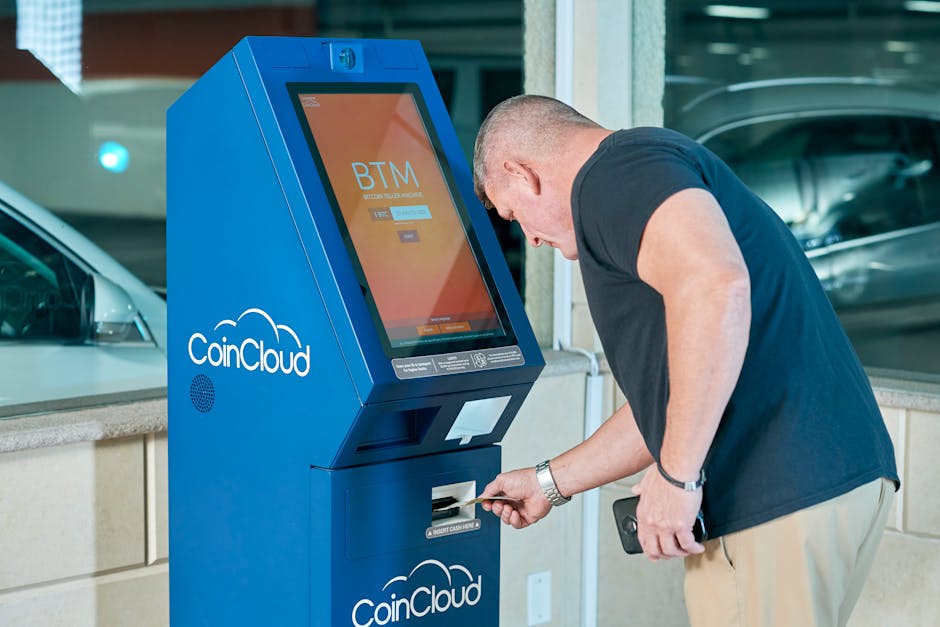Smarter Casinos, Not Just Flashier
Online casinos used to feel like a digital buffet everything on display, but nothing really made for you. That’s changed. AI has stepped in to strip away the generic and bring in the personal. From the moment a player logs in, algorithms are tracking behavior game choices, bet sizes, time spent, win/loss streaks and using that data to guide each user’s experience.
The result? Smarter lobbies. Instead of sifting through hundreds of games, players now see a curated list based on what they’ve shown interest in. If someone leans toward strategy based table games or quick hit slots, the platform knows and prioritizes them. It’s Netflix logic applied to digital gaming.
But the tailoring goes beyond recommendations. Real time insights allow casinos to adjust UX on the fly changing visuals, layout, and even the amount of time between spins based on user engagement patterns. The smoother and more intuitive the flow, the longer players stay. For developers and operators, that’s not just good design. That’s strategic retention.
Dynamic Game Experiences
Online casinos are moving beyond one size fits all gameplay and AI is at the center of this transformation. Instead of static game patterns, today’s platforms use machine learning to adapt to individual users in real time, enhancing both engagement and satisfaction.
Adaptive Difficulty Based on Player Skill
Casual players and high rollers no longer experience the same gameplay. AI systems analyze player performance and dynamically adjust game difficulty or speed to create a balanced, enjoyable experience.
Beginners may see more forgiving odds and intuitive tutorials
Advanced players may encounter more complex challenges to keep them engaged
Real time feedback loops fine tune gameplay as users progress
Personalized Bonuses, Odds, and Promotions
Gone are the days of generic welcome offers and scattershot incentives. AI enables platforms to craft hyper personalized rewards that align with behavior, preferences, and past interactions.
Bonuses customized to game preferences
Targeted promotional offers that respond to in game decisions
Adjusted odds creating both fair play and increased excitement
Custom Game Flows for Stickier Sessions
AI can map out user behavior to determine when players might leave or lose interest and respond instantly. This optimization leads to more engaging sessions with better pacing and timing.
Progression paths tailored to individual interests and habits
Narrative or reward structures that adapt to user momentum
Smart suggestions that prevent fatigue or disengagement
The result? A more immersive, responsive casino experience that keeps players engaged without overwhelming them.
More on this: AI in Personalized Experiences
Responsible Gambling at Scale

AI isn’t just about keeping players engaged it’s also becoming key to keeping them safe. Modern gambling platforms are integrating machine learning systems designed to flag risky behavior early on. Think erratic betting patterns, sudden spikes in playtime, or late night sessions turning compulsive. The goal is to understand when normal play shifts into dangerous territory, then act fast.
Custom player limits are part of the new playbook. Rather than a one size fits all cap, AI allows players to set and adjust limits based on their habits, risk level, and even mood patterns over time. Alerts can be triggered in session, offering pause moments or nudging users to take a break if their gameplay hints at volatility.
What’s different now is intention. More platforms are moving from passive policies to active shaping. They’re not waiting for a crisis. With AI watching quietly in the background, the experience becomes safer by design not just by terms and conditions.
Trust Through Personalization
Trust used to hinge on clean interfaces and basic customer support. Now it’s about prediction and protection done quietly, in the background. AI is becoming central to how online casinos earn that trust. It helps operators serve up secure, user centric experiences: fewer hoops to jump through, less friction, and more of what players actually want, right when they want it.
From the moment a player logs in, AI watches patterns favorite games, session times, response to promos and adapts. The goal isn’t just to upsell. It’s about relevance. The more relevant the experience, the more comfortable players feel sticking around. That’s the base layer of modern loyalty: feeling seen without being surveilled.
On top of that, loyalty programs themselves are getting smarter. Dynamic rewards systems adjust in real time based on behavior, not just deposits. It’s not about throwing money at users it’s about delivering timely, meaningful perks that keep them engaged for months, not just minutes. AI turns retention into a long game.
In short: personalization isn’t a gimmick. It’s infrastructure. And the better operators get at leveraging it, the stronger their hold in a crowded market.
Where It’s Going
Online casinos are gearing up for a future where your next favorite game is predicted before you even log in. Predictive modeling is at the center of that shift. By analyzing play behavior, spending patterns, time of day, and even game exit points, AI systems can anticipate what a player is likely to enjoy or avoid. This goes beyond recommending a game it’s shaping the experience in real time.
One frontier moving fast is the personalized live casino environment. We’re not talking about generic dealer tables streamed to everyone. We’re talking about tailored visual layouts, curated tables based on past habits, even background music adapted to a user’s taste. The tech for this isn’t in some distant roadmap it’s nearly ready to roll out.
But there’s a line, and smart operators know it. Personalization needs to feel empowering, not manipulative. There’s a fine balance between boosting engagement and pushing players too far. Ethical frameworks, clear limits, and transparency in how AI is used will be key. As gambling gets smarter, so must the safeguards that come with it.
For a deeper look at how AI is shaping this evolution, see AI in Personalized Experiences.


